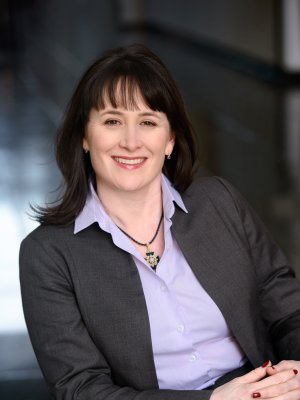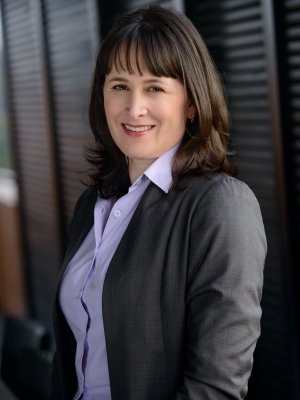One argument supporting the apparent rise in transgressions is made by those who suggest that in a country characterised by (mostly) free speech as well as the inevitable openness that social media brings, there’s no sea change in unethical behaviour. It’s just that more of it is being reported. In the words of one business elder in a recent conversation, “Nicola, there’s always been feeding at the trough, it’s just that the new feeders are not as smart at getting away with it”. Perhaps. But another explanation would be that we’ve reached a turning point in calling unethical conduct. Health Minister Aaron Motsoaledi recently asserted that “politics of the stomach” were what lay behind the protests against Thoko Didiza’s nomination as the ANC mayoral candidate for Tshwane. This is testimony to an apparent willingness of some parts of government to illuminate individuals desperate not to support a shift in the status quo because their personal benefits would diminish.
Being able to intensify the spotlight on unethical breeding grounds that nourish norms of self-interest is a good thing. But it’s important that we ensure that our discourse goes beyond the finger pointing, lamentations of reduction in moral fibre and the inevitable stereotyping of transgressors that seem to characterise commentary. Hiding behind statements that enable us to generalise with head-shaking observations about wide-spread corruption across government, SOEs and private business ignores the outliers who have chosen to rise from their observation platforms to make active changes in organisations.
I recently had the privilege of hosting Post Office CEO Mark Barnes at a GIBS forum where he gave wonderful insights into his journey to date. When I asked Barnes what he planned to do with the (in excess of R 2 billion) funds raised from local lenders on the back of government-backed guarantees, he explained that the money would be used to settle accounts owed to legitimate creditors. He didn’t directly allude to the funds that had been siphoned away, but his focus on building a transparent, open and ethical culture along with his intent to close down historical feeding troughs was clear. “Good luck!” quipped a member of the audience, who said he had previously worked at the Special Investigations Unit.
The Gauteng government’s open tender process is another example of an active change to counter unethical procurement. In February of this year Premier David Makhura committed to extend the programme to all departments under his ambit.
Corruption Watch is a third example of an actor attempting to shift the status quo. I was fortunate to have an office next door to David Lewis at GIBS for a while and to observe his intellect, passion and action in fighting corruption. He and his team’s consistent and active commitment to driving positive change is noteworthy.
Whilst I don’t dispute that many organisations take active steps to manage their ethical conduct, their actions don’t seem to be as clear as the examples across government, SOEs and NGOs outlined above. The visible ones, including former Nedbank and Eskom chairman (and recent recipient of the 2016 Luminary Award for his outspokenness as a business leader), Reuel Khoza, are few and far between. And yet, business is an active perpetrator of unethical conduct. For every corrupt buyer, there’s a corrupt seller. And as the primary provider of goods and services to government and SOEs, business has a significant role to play. So too, do we as business educators.
We need to go beyond incorporating the consideration of ethical dilemmas across all subjects - transgressions know no functional bounds. We also need to engage actors from across the spectrum - business, government, SOEs, NGOs – to shift general rhetoric to a more fine-grained surfacing of ethical dilemmas. This would enable us to agree on the ethical implications inherent in business actions, the stakeholders served, and those deprived. Until we have a clearer, more nuanced, sense of what we want to change, why it matters, and who needs to do what, we remain at risk of seeing corruption and ethics as blunt issues of principle.
We also fail to realise our roles as agents of ethical change.






